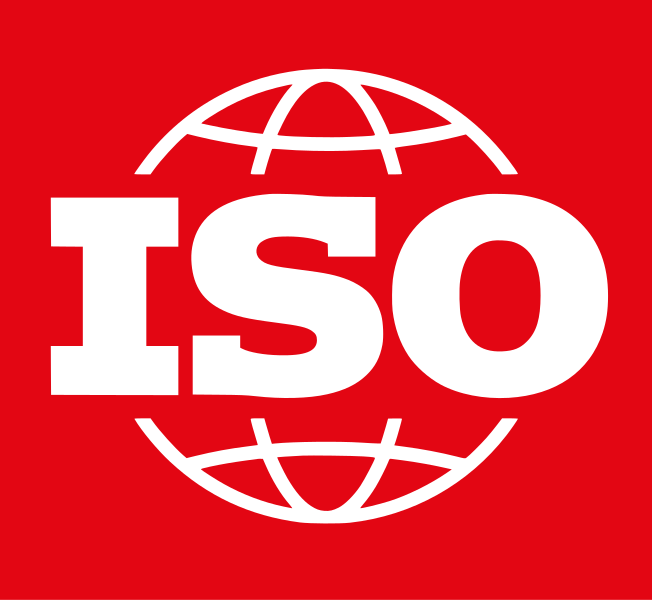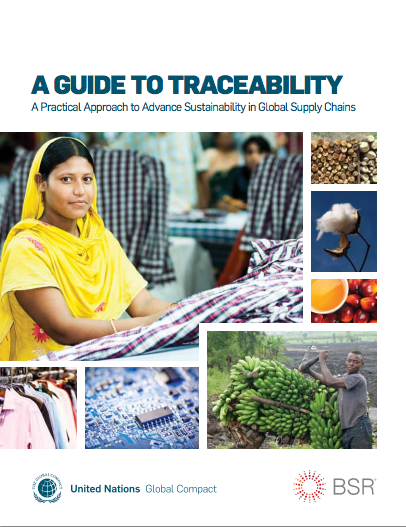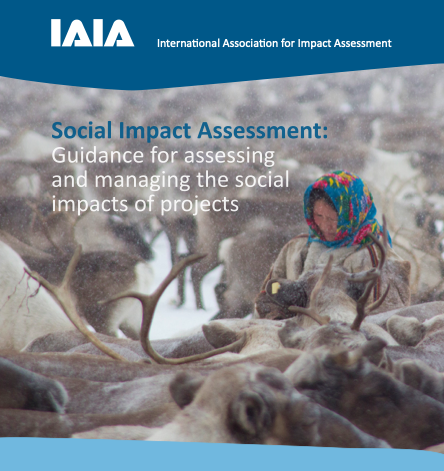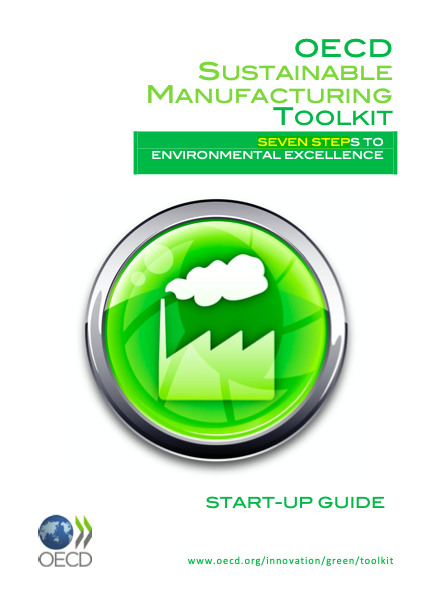Improve Operations
Description
These resources will help you to understand and improve the sustainability performance of your operations, so that you can maintain, and eventually enhance, the resilience of relevant ecosystems and social systems.
Share this Practice on:LinkedIn
Resources
The ISO 14000 Family
This series of environmental management standards provide guidance for organizations that want to make voluntary efforts to systematize and improve their environmental management. These standards will help you to create and implement policies and frameworks related to environmental system requirements, audits, life cycle analysis, and other challenges.
A Guide to Traceability: A Practical Approach to Advance Sustainability in Global Supply Chains
Traceability is an important part of developing a sustainable value chain. Part II of this guide from the UN Global Compact can help you to familiarise yourself with the three main approaches to traceability: Product Segregation, Mass Balance, and Book and Claim. Part III offers practical guidance on implementing traceability. The guide also includes an annex that lists the most relevant traceability issues and actors for ten common commodities.
Integrated Performance Management (IPM): Driving strategy, engaging workforces
This framework developed by AICPA & CIMA and WBCSD can help you align your performance management system with delivering on your sustainability strategy. It presents an integrated performance management (IPM) framework that addresses four key things: shifting the ‘power hierarchy’ of organisations; process mapping to identify initiatives and how they influence strategy; better aligning employee goals with organisational objectives through budgeting and reward systems; and creating a performance culture that centers people. Additional guidance supporting the implementation of the framework is presented in chapters 6-8, including how to measure success and plan a path forward based on the IPM maturity model. This guidance will be most useful to senior management and HR teams.
Social Impact Assessment: Guidance for assessing and managing the impacts of projects
This guide from the International Association for Impact Assessment can help you to understand what is expected in good practice social impact assessment and social impact management processes, especially in relation to project development. It defines and explains social impacts, explores the business case and key considerations, and identifies the phases and tasks of social impact assessments.
OECD Sustainable Manufacturing Toolkit
This toolkit is a good starting point for small- and medium-sized enterprises that want to improve the sustainability of their manufacturing operations. The toolkit has two parts: a guide, which introduces a seven-step framework that can help you to understand, measure, and improve your environmental performance, and a web portal that offers technical guidance on measurement and other relevant resources.
Solar Impulse Foundation
This database showcases thousands of solutions for improving the sustainability of operations, products, and services. The curated database allows you to filter for solutions by sector, client profile, application, geography, and more, and the solution profiles highlight the potential environmental and financial benefits. This is a good one-stop shop for technology experts, engineers, operations managers, change agents, and leaders to explore the growing range of innovations that can support their sustainability-related projects and objectives.
From Scorecard to Playbook: Walmart’s Packaging Evolution
In this interview, Laura Phillips - Walmart's SVP of Sustainability - explains how Walmart transitioned from its iconic packaging scorecard (Sustainable Packaging Scorecard) to a Sustainability Index (Sustainable Packaging Playbook). The new index uses priority KPIs to measure the impact of Walmart's supply chain. In this Q&A, Philips demonstrates how companies can drive operational efficiency by establishing KPIs and life-cycle assessments for individual products.
Share this Practice on:LinkedIn






